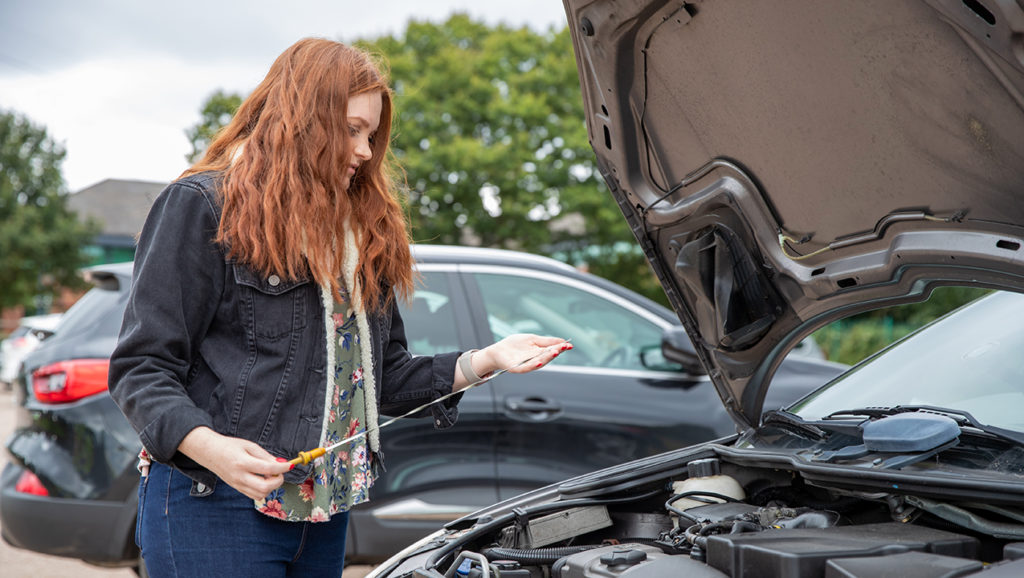In 2022, an estimated 1,920 people were killed or seriously injured in collisions where drink driving was a factor. Young men are over-represented in drink drive casualties, yet are less likely than the general population to say that drink driving is risky.
To tackle this, THINK! is launching a new winter campaign to highlight the consequences of even a few drinks before driving.
50% of young male drivers say they intend to be sensible but often get carried away when socialising, putting themselves at risk. We want to challenge young male drivers’ perceptions around personal limits, by raising awareness that even a little bit of alcohol can put you and your licence at risk.
The creative uses eye-catching illustrations and animations that show a driving licence disappearing into a pint of beer. Campaign assets highlight the impact licence loss can have on your freedom, social life, even your job, as well as the risk of injuring yourself or others – consequences that research shows resonate strongly with our audience. The campaign will run across Snapchat, Reddit, Facebook and Instagram, online video channels including YouTube and Twitch, billboards within 100 metres of pubs in England and Wales, and beermats and washroom posters in pubs and bars to influence risky behaviour in the moment.
A 30 second advert will run across Kiss, Capital, Radio X and TalkSPORT, podcasts and digital audio channels.
This winter, we are also joining forces with industry to launch THINK! 0%, a brand new, partner-led platform aiming to encourage drivers to always opt for 0% over an alcoholic drink if they’re getting behind the wheel.
Assets are available to download below and are free for organic use. For information on using the assets through paid media channels please contact dftpublicity@dft.gov.uk
Follow the campaign on X, Facebook and Instagram to discover more and share.
To download any of the videos below, select your chosen video, which will bring up the video player. Click on the ‘Vimeo’ logo in the bottom right of the video player and head to our Vimeo page, where you can download directly.
